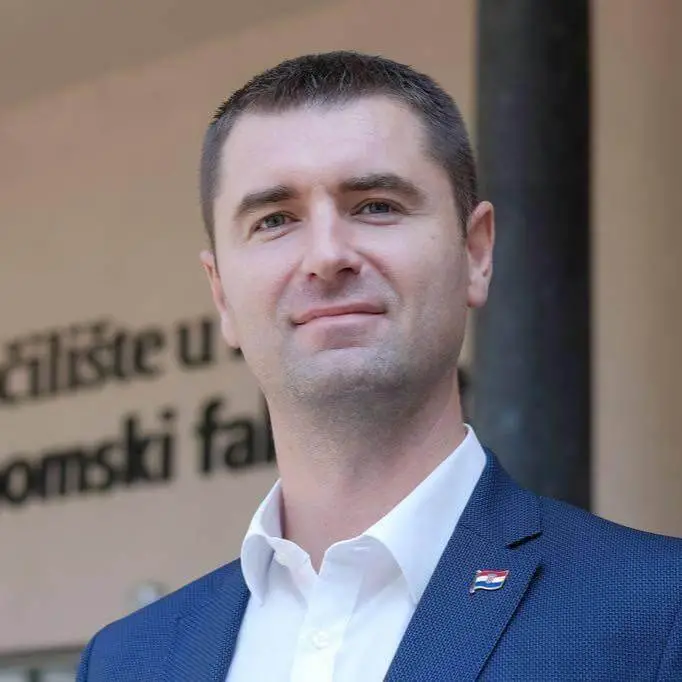Responding to questions from reporters at a press conference, where he presented a call for applications for co-financing from the National Recovery and Resilience Plan (NPOO), regarding the statement by Hungarian Prime Minister Viktor Orban that Hungary had the sea taken away from it, Filipović said that Orban’s statement was absolutely inappropriate.
In the context of the entire situation, Filopvić said that Croatia is working on becoming an important factor with regard to Europe’s energy sector.
“Janaf’s current capacity can be increased, without any investment whatsoever, when it comes to oil transport to Hungary, while with certain investment it can be doubled,” Filipović said. He added that that is the direction Croatia will go in and that it will take advantage of the present situation to position itself as best it can regarding energy in Europe.
He noted that according to the current capacity, Janaf can transport 11.4 million tonnes of oil to Hungary a year, and currently it is transporting just 2 million. Filipović said that this shows that without any further investment it can significantly increase oil transport toward Hungary.
“In this situation, Croatia is a solution both for Hungary, depending on the outcome of the sanctions, and for other EU countries as well,” claimed Filipović.
According to Janaf’s website, the pipeline designed capacity is 34 million tonnes of crude oil transported annually (MTA) and the installed capacity is 20 MTA. The system was built for the needs of refineries in Croatia, Slovenia, Serbia and Bosnia and Herzegovina (24 MTA), and for the users in Hungary, the Czech Republic and Slovakia (10 MTA).
The prime minister’s economic adviser, Zvonimir Savić, said that the prime minister has said several times that the recent circumstances have put Croatia in a position of additional energy strength. That means that its LNG terminal could become a “more serious factor.”
For more, check out our politics section.










